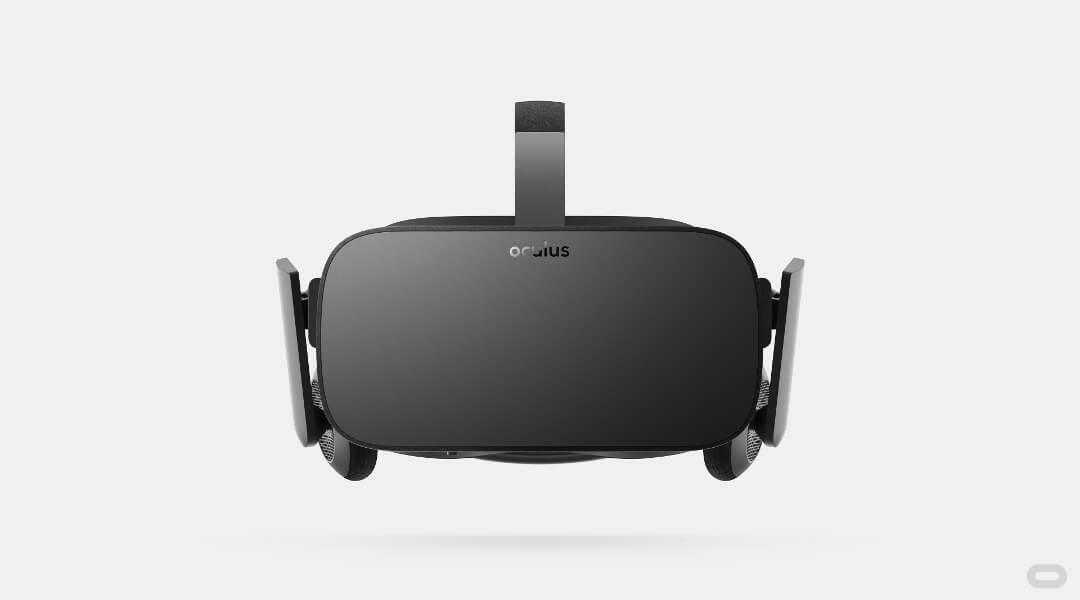
ZeniMax May Try to Block Oculus Rift VR Headset Sales
By Dalton Cooper 05 February 2017
ZeniMax, the parent company of Skyrim developer Bethesda, indicates that it may consider filing an injunction to block sales of Oculus Rift VR headsets.
The court room drama between Bethesda parent company ZeniMax and Oculus, the Oculus Rift VR headset manufacturer owned by Facebook, heated up today when a Texas jury awarded ZeniMax the sum of $500 million. However, ZeniMax was seeking $6 billion, and is now considering the possibility of an injunction that would effectively block Oculus Rift VR headset sales.
As reported by IGN, the Texas jury agreed that Palmer Luckey, the co-founder of Oculus and the somewhat controversial face of the company, violated terms of a non-disclosure agreement he had with ZeniMax. However, the jury didn’t agree that Oculus stole technology from ZeniMax, an accusation that ZeniMax made after iconic Doom lead programmer John Carmack jumped ship to Oculus in 2013.
While $500 million is a lot of money, it’s a figure that falls far short of the $6 billion ZeniMax was seeking, which explains why the company may try to block the sales of Oculus Rift headsets. In a statement from a ZeniMax spokesperson, ZeniMax is justifying the potential sales block on the grounds that it feels the headset utilizes computer code that violates the company’s copyrights.
“We will consider what further steps we need to take to ensure there will be no ongoing use of our misappropriated technology, including by seeking an injunction to restrain Oculus and Facebook from their ongoing use of computer code that the jury found infringed ZeniMax’s copyrights.”

If ZeniMax is successful in blocking the sale of Oculus Rift headsets, it could be a serious blow to the company. Virtual reality isn’t taking off quite as fast as analysts expected, and that combined with the possibility that Oculus won’t be able to sell headsets at all would put the company at a severe disadvantage to PlayStation VR and HTC Vive. Depending on how long such a ban would last, it could do irreversible damage to Oculus’s share of the virtual reality market.
It could also make developers weary about developing games for Oculus Rift. After all, a block on Oculus Rift headset sales would prevent it from growing its install base, whereas PlayStation VR and HTC Vive would be free to continue attracting customers. It would make sense for developers to create games for VR platforms with the greatest potential for new customers, instead of using resources developing for a platform that could be killed at retail.
Oculus will likely resist any attempt by ZeniMax to block the sales of its VR headset, and in the meantime, it will also be filing an appeal to try to reverse the court’s decision to reward ZeniMax $500 million. Between ZeniMax’s threat to pursue further legal action against Oculus and Oculus’s plan to appeal the court’s decision, the legal battle between the two technology giants is showing no signs of slowing down.
